I’ve always considered movies to be one of the most incredible mediums of entertainment and education. And all movies, good or bad, popular or obscure, stereotypical or novel, leave an impact.
In 2021 itself, movies, from across genres, left us exasperated, excited, emotional, and definitely entertained. But the movies that made it to my top favourites this year, were Sherni, Sandeep Aur Pinky Faraar, and Geeli Pucchi (Ajeeb Daastaans).
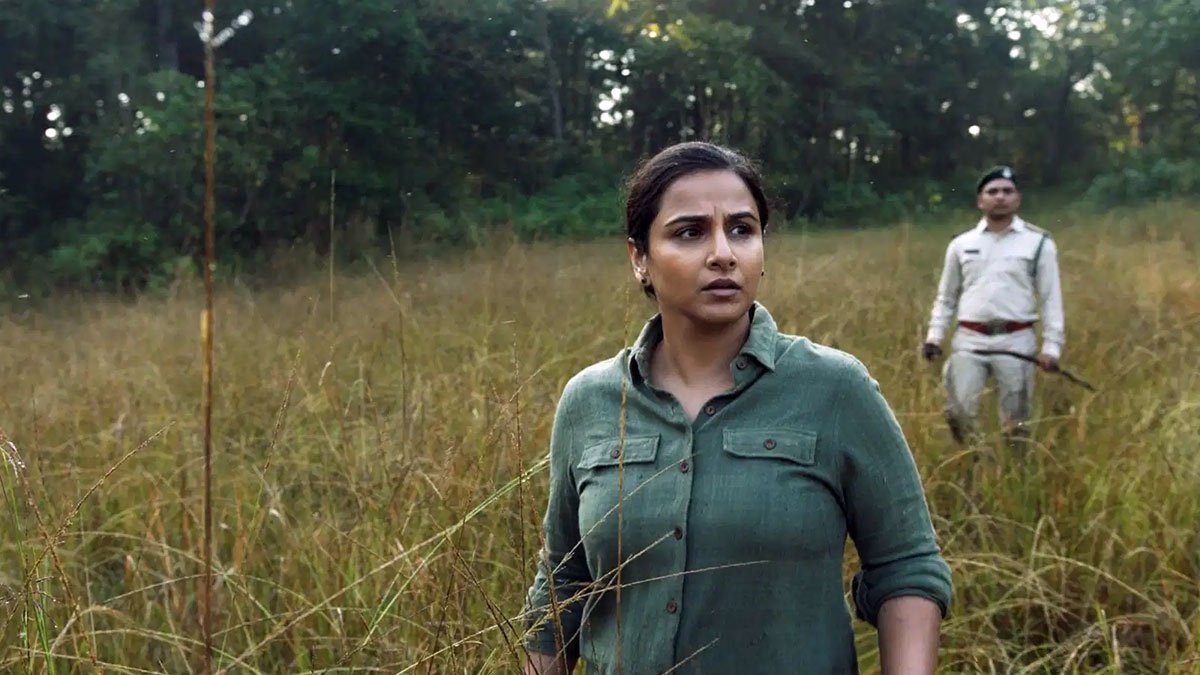

At a time when Bollywood seems to be getting louder (and more mediocre) with each passing film, these films were a much-needed reminder of a movie’s ability to do both, entertain and educate.
Each film is entirely different from the other two in terms of both, the story being told, and how it is being told. But what links them together is how they take on patriarchy – through subtle, measured instances that force you to introspect.
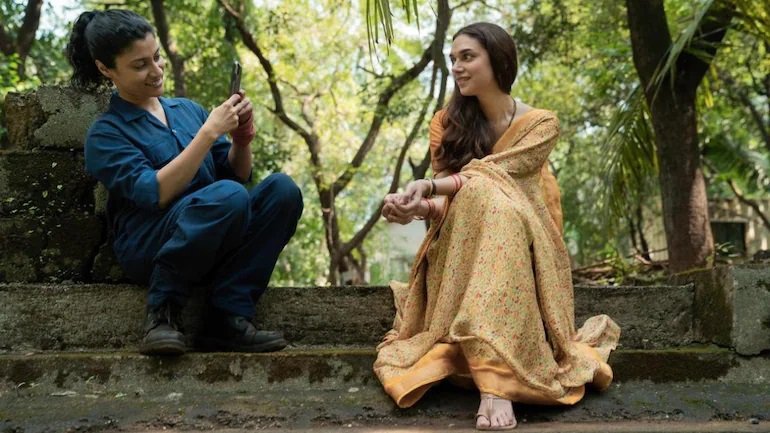
If Sherni took on workplace and casual sexism, Sandeep Aur Pinky Faraar attacked patriarchal households where toxic masculinity runs amok.
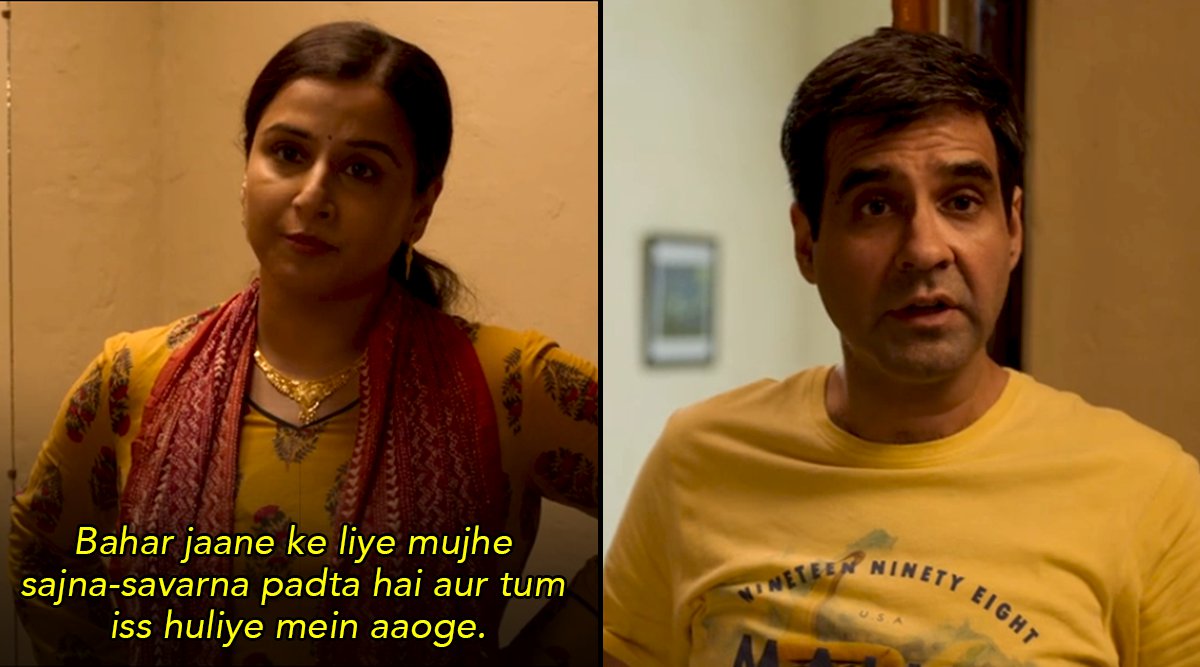

And Geeli Pucchi – well, it struck gold by actually managing to address both, intersectional feminism and casteism.
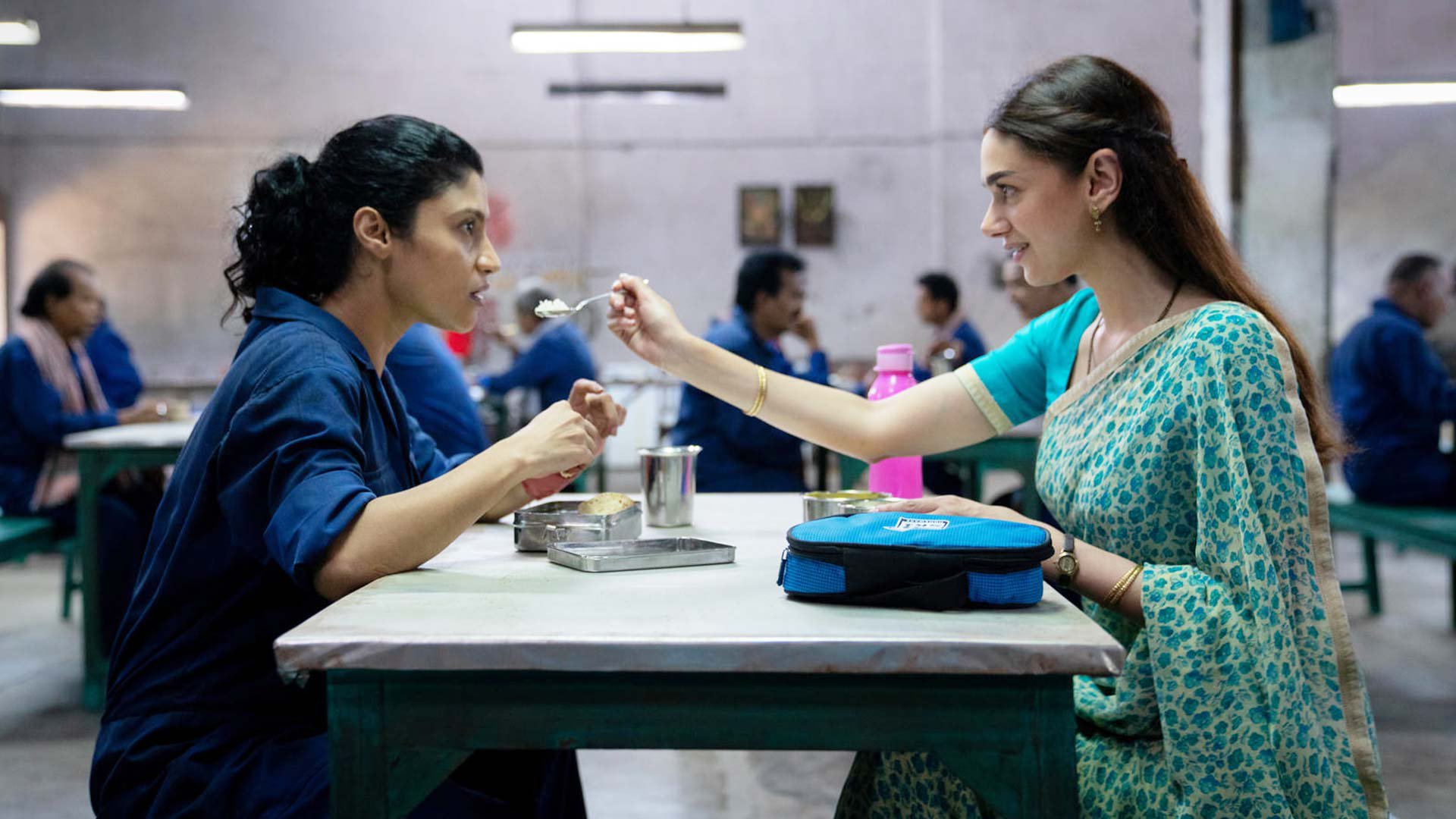
Directors and writers Amit Masurkar and Aastha Tiku (Sherni), Dibakar Banerjee and Varun Grover (Sandeep Aur Pinky Faraar), and Neeraj Ghaywan (Geeli Puchhi) weaved stories that were relatable, not because of the characters or hell, even the story. But because of the situations and circumstances that the leads encountered.
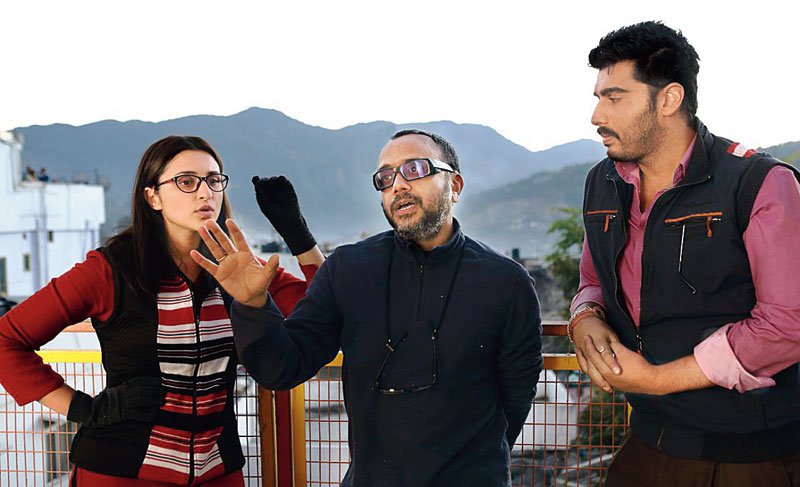
After all, not many women may have traversed a jungle to hunt a tigress, but most women are aware of being shot down by a superior, simply because of their gender.
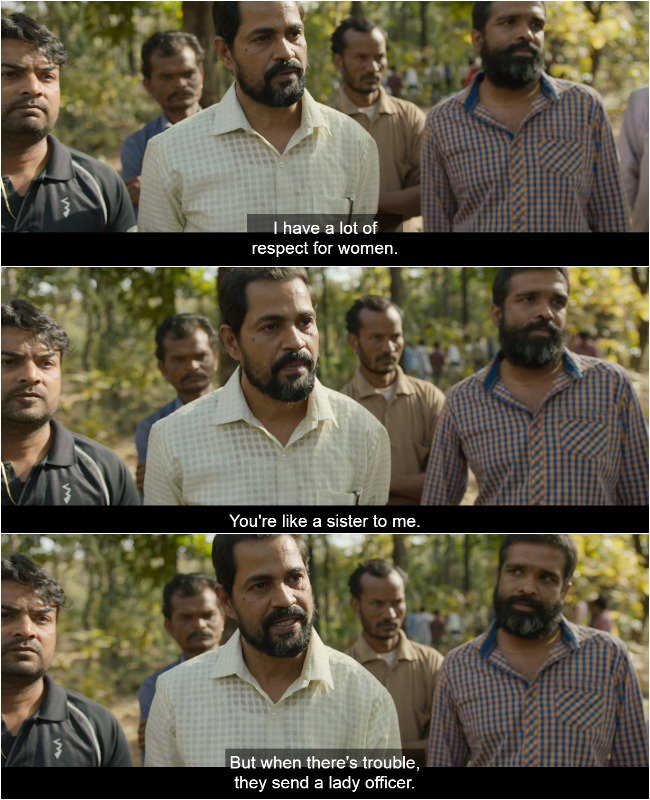
Just like women don’t need to be on the run for a scam, to know the feeling of being automatically relegated to kitchen duties because we are natural-born cooks, right?
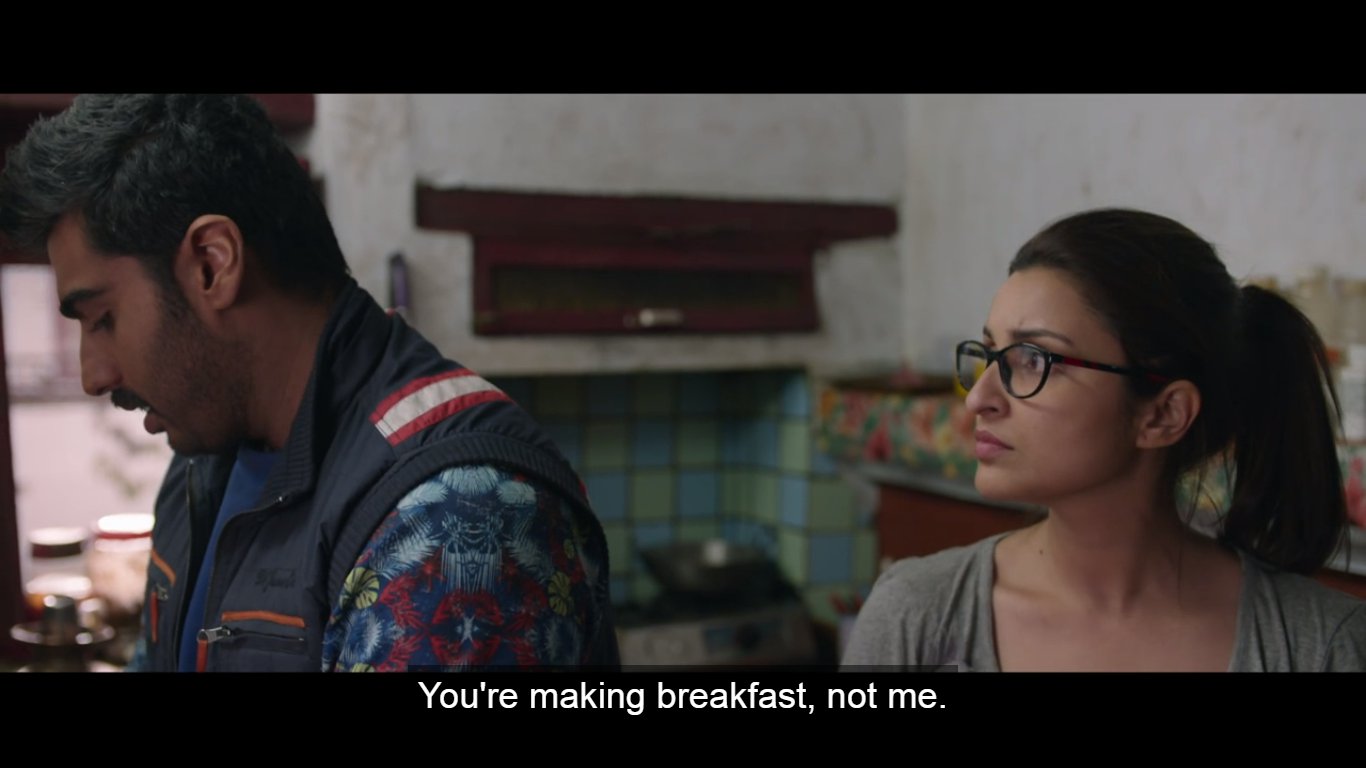
Of course, the idea of giving up a job to have kids and look after the family is the only accepted future a woman can envision?
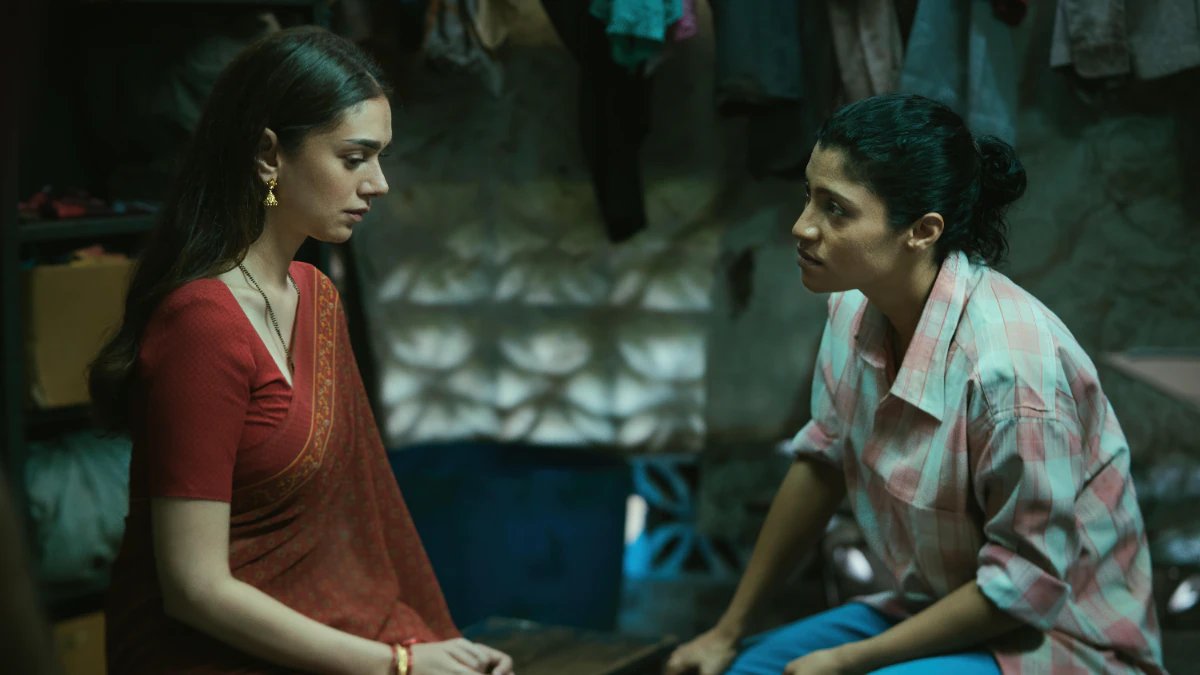
Yes, patriarchy wasn’t the only subject these movies dealt with. Sherni also took on the cost of materialism and human greed, on mother nature and animals.

And Sandeep Aur Pinky Faraar also made a sharp remark on the class divide, though it was a ‘side plot’ rather than the films’ central subject. But, the very fact that the movie showed a male lead using cross-dressing in a non-comical manner was enough to win me over.

On the other hand, Geeli Pucchi attacked casteism and same-sex relationships head-on, and let toxic masculinity be a smaller but pivotal issue in the film.

But all of these films did complete justice to their topics, their cast, and their audience – because they promised and delivered on a story worth investing time and effort in.
Though for me, the true genius of all the 3 films lay in their ending – they leave you unsettled, slightly confused, and most importantly, they leave you pondering.
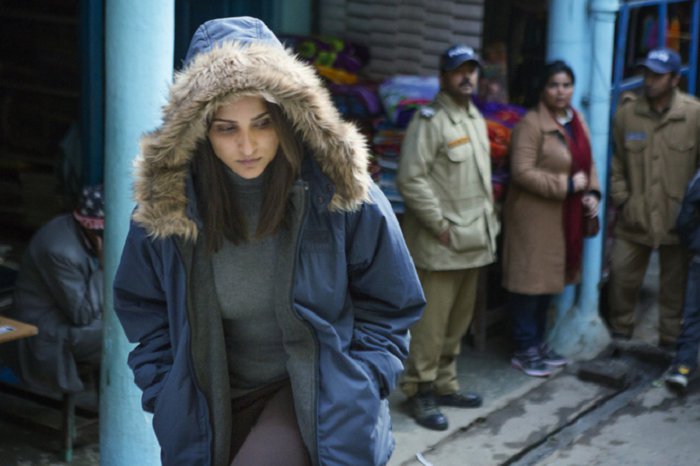
And isn’t that one of the prime responsibilities of such movies – to hold a mirror to society and force you to come face-to-face with the way the world functions? To ultimately, make you uncomfortable enough to jolt you out of your stupor of ignorance? To at least, start a conversation that has been long overdue.
There is a lot to celebrate about these films. And there are perhaps a few minor flaws as well. But for a lover of movies and feminism, this trio defined 2021 for me.
All images of Geeli Pucchi from Netflix. All images of Sherni and Sandeep Aur Pinky Faraar from Amazon Prime Video, unless specified otherwise.

















